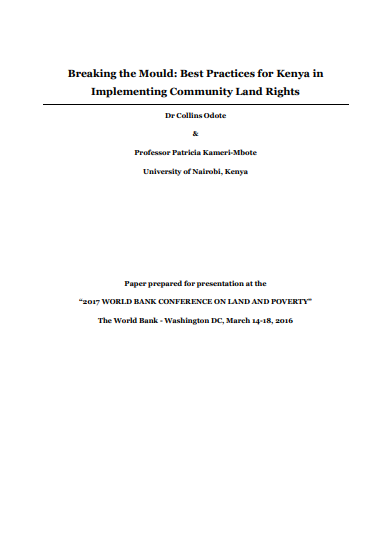AIDS and female property/inheritance rights
This fact sheet explores the issue of women’s property and inheritance rights and its relationship with HIV/AIDS.It argues that while property and inheritance rights are important for women generally, they take on dramatically increased importance in the context of HIV and AIDS.



